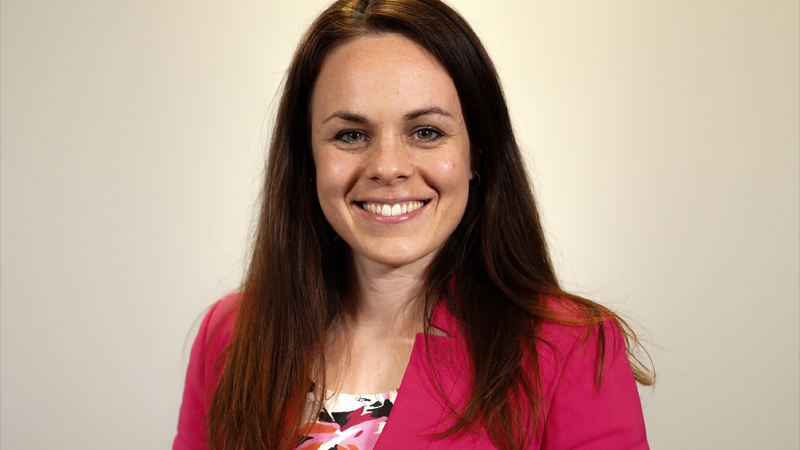ARE MARRIAGE SUPPORTERS FIT FOR POWER?

Same-sex marriage has been back in the news this past fortnight as the prospect of SNP politician Kate Forbes becoming Scottish First Minister came up once again.
Forbes had been considering another run for the SNP leadership following Humza Yousaf’s resignation announcement late last month.
Cue the backlash from those who think that someone who has said she disagrees with same-sex marriage is not a fit person to lead.
We saw the same thing early last year during the previous SNP leadership contest. Various politicians and media figures lined up to charge that Forbes’ dissent from gay marriage meant she must never be allowed near the levers of power.
Particularly egregious this time around was a Times column (£) by Kenny Farquharson, who argued Forbes is “unfit” to be First Minister because: “Who our leaders are matters. What they believe matters. What they represent matters”. It seems that, in Farquharson’s ‘diverse’ world, traditional beliefs must never be represented.
However, it is noticeable how much rarer and more muted such attacks have been this time around. As Fraser Nelson noted in The Daily Telegraph (£), the new barbs “drew instant condemnation with academics and opposition MSPs leaping to [Forbes’] defence… The Twitterstorms, which hold a depressing amount of sway in modern politics, were directed at her critics. The debate seems to have changed – and she may well have changed it.”
Admittedly, the shift towards tolerance of Forbes’ belief in real marriage may be linked to the fact that she has repeatedly stressed that she fully supports the current legal arrangements and has no wish to change them. Is it only politicians who are willing so to privatise their beliefs about marriage who are permitted to hold power?
On the other hand, her traditional ‘gender critical’ views in the trans debate are being broadly welcomed as a political strength, including among same-sex marriage supporters.
Forbes has now dropped out of the running for leader. But as a favourite among SNP supporters and Scottish voters the committed Christian is widely tipped as a future leader, possibly as soon as after the General Election later this year.
Are we seeing the beginnings of a new tolerance among political and media elites of traditional beliefs about marriage? If so, then this can only be a positive step.
At C4M, we anticipate the day when a positive discourse around real marriage is once again welcomed as an essential part of public life.
